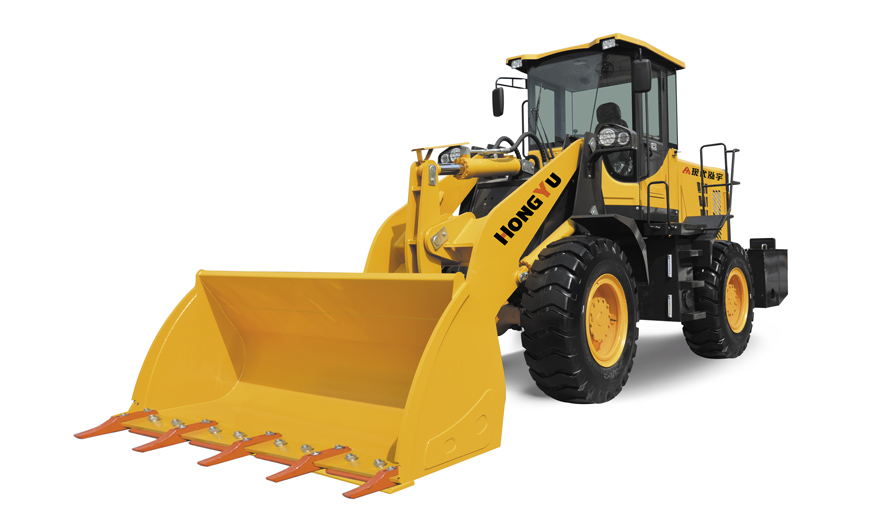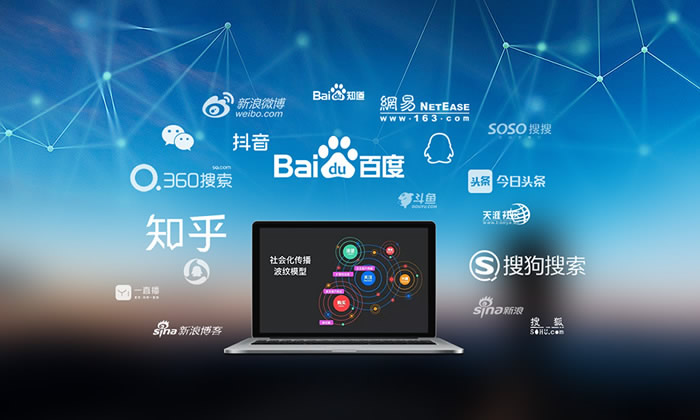The Future of Mechanical Equipment in Industrial Automation
2025-07-22 04:20:29
The integration of mechanical equipment in modern manufacturing has revolutionized production lines. According to a 2023 report by McKinsey, factories leveraging advanced mechanical systems have seen a 30% increase in output efficiency. From robotic arms to conveyor belts, these systems minimize human error while maximizing throughput. The demand for high-performance mechanical equipment is projected to grow by 8.5% annually, driven by sectors like automotive and aerospace.
One of the key innovations in mechanical equipment is the adoption of IoT-enabled sensors. These sensors provide real-time diagnostics, reducing downtime by 22%, as per Deloitte’s industrial survey. Predictive maintenance, powered by AI algorithms, ensures that mechanical failures are addressed before they disrupt operations. Companies investing in smart mechanical equipment report a 15% reduction in maintenance costs, proving the long-term financial benefits of modernization.
Despite these advancements, challenges persist in the mechanical equipment sector. Supply chain disruptions have led to a 12% increase in lead times for critical components, according to the International Federation of Robotics. Additionally, the high initial cost of automated mechanical systems remains a barrier for small and medium enterprises. However, leasing models and government subsidies are emerging as viable solutions to bridge this gap.
Sustainability is another critical factor shaping the future of mechanical equipment. A 2024 study by the World Economic Forum highlights that energy-efficient mechanical systems can reduce carbon emissions by up to 18%. Innovations like regenerative braking in heavy machinery and lightweight composite materials are setting new benchmarks for eco-friendly industrial operations.
Looking ahead, the convergence of mechanical equipment with AI and 5G will unlock unprecedented capabilities. Autonomous forklifts and AI-driven quality control systems are just the beginning. As industries evolve, mechanical equipment will remain the backbone of automation, ensuring precision, reliability, and scalability in an increasingly digital world.












